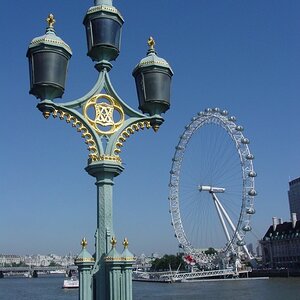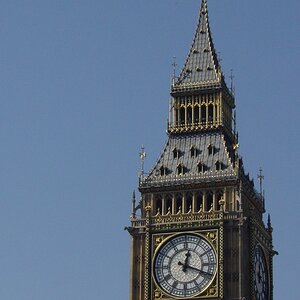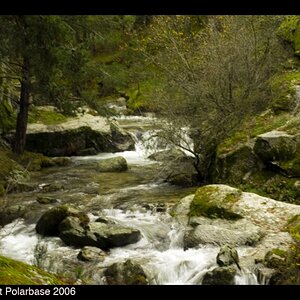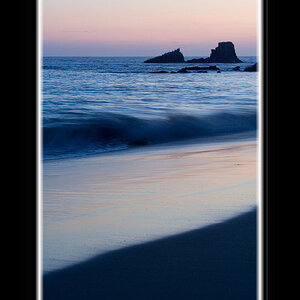Zoolfoos
TPF Noob!
- Joined
- Oct 20, 2004
- Messages
- 93
- Reaction score
- 0
- Location
- CT
- Can others edit my Photos
- Photos NOT OK to edit
With the recent addition to the high School that I attend, some work was done to the darkroom. The total space was more than doubled! Although they are required by state laws (because our school has a private septic system, leech field, and well) to dispose of the chemicals by having it removed by a chemical hauler. The idea was to put a large tank under the ground that all the waste from the sinks in the darkroom would go to... but, now the board of education is trying to decide whether or not to keep the program at all, before they spend the money on the waste holding tank. They have said that perhaps they would rather switch all the photography classes over to digital AND have it tought by a computer sciences teacher... NOT an art teacher.
I have been asked to speak on behalf of the students at the meeting tomorrow evening. I personally know about six people who will consider photography as a career after high school (including myself). Countless numbers of students are turned down each semester because the art teacher tries to keep the photography classes fairly small due to our lack of supplies and space (the darkroom still isn't that big). I have several points on the importance of the class to present and reasons why an art teacher should teach photogrpahy (you'd think that that one wouldn't be so hard... but, with the people running my school... who knows).
So... the question is this... Why do think that photography is important at a high school level, especially considering the heavy expenses that accompany private classes (which many students may not be able to afford)? What is the importance of 35mm photography, especially as a class to be taken BEFORE a digital photography course?
I have been asked to speak on behalf of the students at the meeting tomorrow evening. I personally know about six people who will consider photography as a career after high school (including myself). Countless numbers of students are turned down each semester because the art teacher tries to keep the photography classes fairly small due to our lack of supplies and space (the darkroom still isn't that big). I have several points on the importance of the class to present and reasons why an art teacher should teach photogrpahy (you'd think that that one wouldn't be so hard... but, with the people running my school... who knows).
So... the question is this... Why do think that photography is important at a high school level, especially considering the heavy expenses that accompany private classes (which many students may not be able to afford)? What is the importance of 35mm photography, especially as a class to be taken BEFORE a digital photography course?



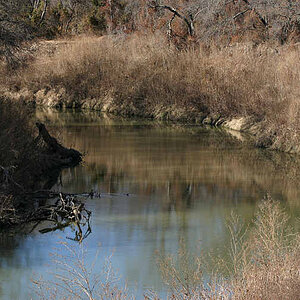
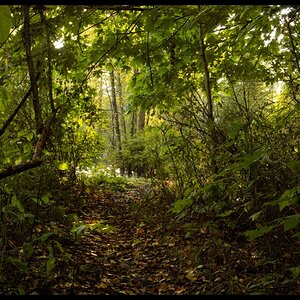
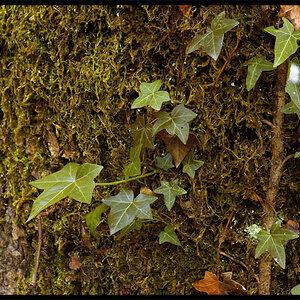

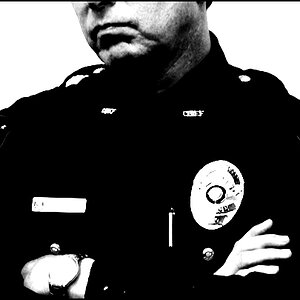
![[No title]](/data/xfmg/thumbnail/31/31707-a2840f3af9af3a4fa6f6dfbd4028eae5.jpg?1619734964)
![[No title]](/data/xfmg/thumbnail/31/31706-3e429b21053f11072ed2e5b37c019073.jpg?1619734964)
